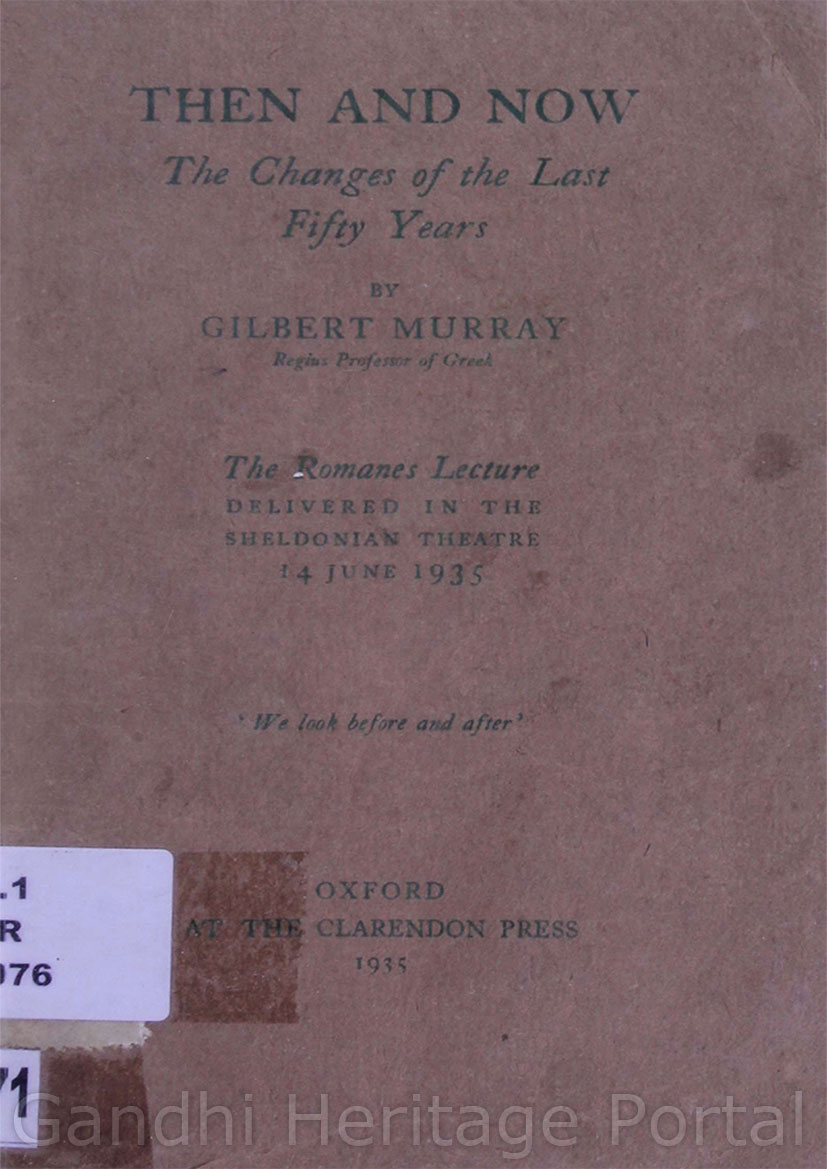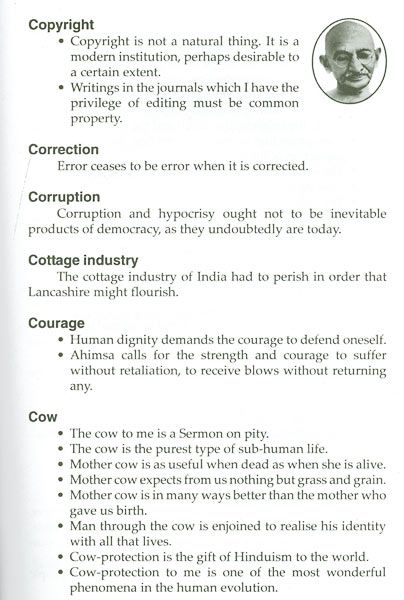

Nehru’s progressive thinking forms the basis of laws that support women and equality even today. Part 2 focuses on Jawaharlal Nehru and his ideals of a democratic India. Part 1 highlights the issues faced by a new nation post-independence: the India-Pak partition and the resulting dispute over Kashmir, dealing with the Maharajas and coercing them to agree to a democratic India. This is because the ideals that Congress stood for back then were worthy of a group of intellectuals leading a newly independent nation.
Contrary to reviews against Guha for glorifying the congress movement, the truth remains that the party played a critical role in the formative years of a democratic India.

One of the concerns was that the Gandhi-Nehru family come across as larger than life – because, in those years, they were. He has also highlighted the plight of the minority community. He has shared different perspectives by giving them a fair voice. Against all odds, India not only held the title of a democratic nation but established itself as a resilient nation.Īs a true historian, Ramachandra Guha has taken no sides. The global press and media were waiting for its downfall at every corner and turn. After the partition, the international press waged bets on how long India will survive its democracy title. It portrays an unbiased narrative of the events proceeding the 1947 India-Pakistan partition. India After Gandhi is a riveting account of the world’s largest democracy.


 0 kommentar(er)
0 kommentar(er)
